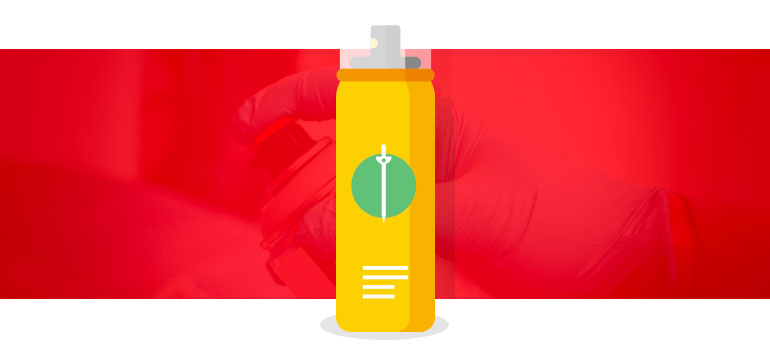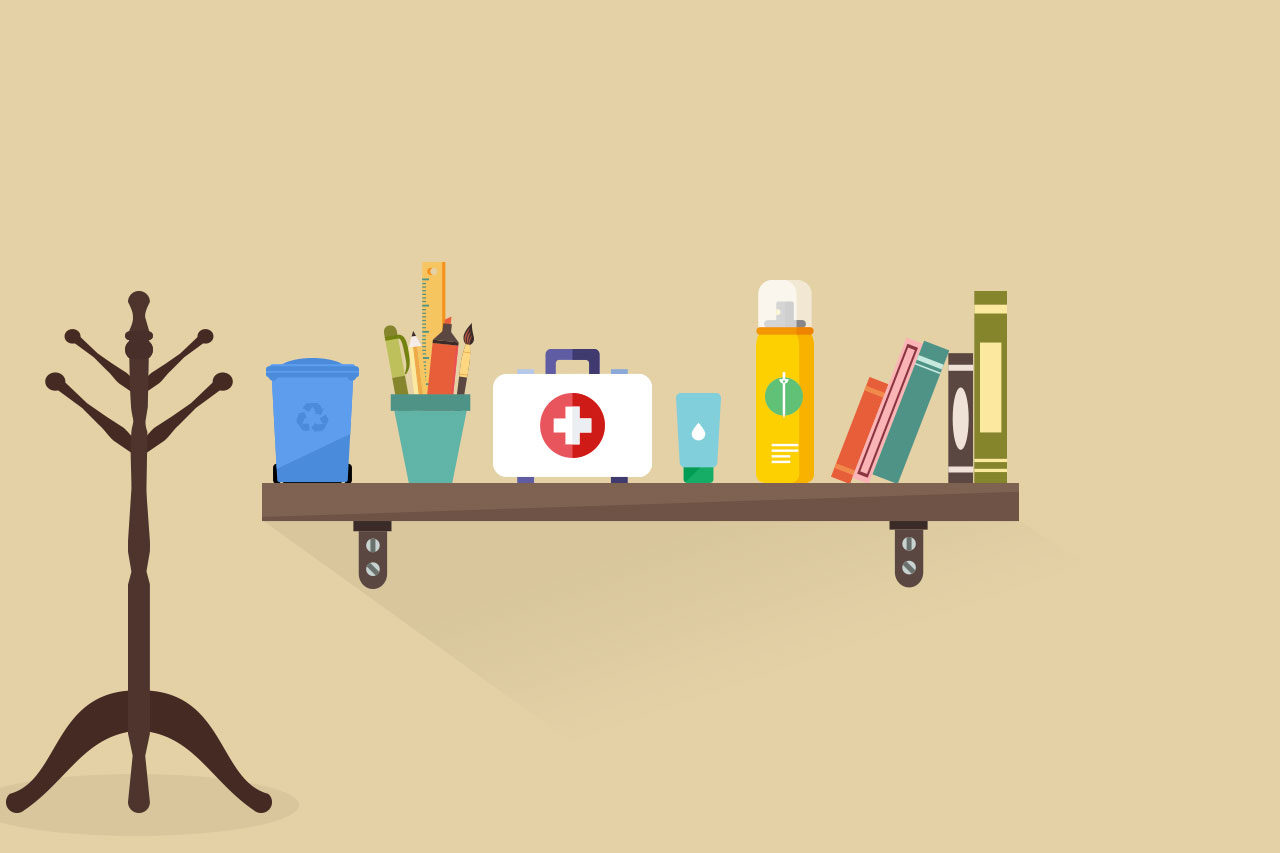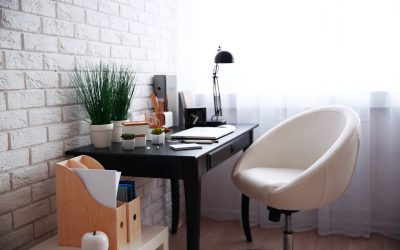On top of the normal nine to five day, many people eat, socialise and even sleep in their offices. And, as so much time is spent in the workplace, it’s bound to have an effect on an employee’s well-being and health – the Office for National Statistics estimated that 137.3 million working days were lost in 2016 due to sickness or injury.
An office hygiene policy is a great place to start if you’re looking to improve employee well-being and hygiene in your workplace and to cut sick days. Plus, it will provide staff with guidelines on the role they play in keeping the office a safe place.
What you need to create a healthy workplace:
Paper Towels

From the odd drip of water from an overfilled glass to large scale spills or leaks, keeping your office stocked up with plenty of paper towels can mean any spillages are quickly dried up. Even the smallest of spills can cause an accident, so it’s always worth keeping a steady supply available for employees and enforcing the importance of cleaning these up.
Large scale spills or lingering leaks can cause mould outbreaks if not addressed quickly and efficiently. Keeping an eye on these potential bacteria growths is essential, as they can lead to allergies and infections amongst staff. So it’s always worth reporting large spills and leaks to the office manager.
Disinfectant cleaning sprays

While having a clean breakout area is essential in maintaining high levels of office hygiene, keyboards, phones and surfaces can still harbour germs. Not only that, a lot of office workers will take a quick break and eat their lunch while seated at their workspace. So, if you’re touching your keyboard, talking on the phone or looking through some notes as you eat, you could also get a side order of germs.
Cleaning sprays and disinfectants should be accessible to help eliminate dust and grime on dirty desks, with cloths handy for wiping down phones and mouses. Promoting the importance of hygiene from shared spaces to individual workstations will help keep your workforce healthy.
First aid kit

Even small scratches needs treating to avoid serious problems. Make sure everyone in your office knows where the first aid kit is and to regularly check that everything in the kit is still in date and safe to use as medical supplies can expire. Keep the kit topped up and use an inventory to find out what has been used.
An accident report book can also be useful to keep your records up-to-date and a log of any incidents that have occurred in the office.
Anti-bacterial hand gel

Just one sick person at work can infect over half of the commonly touched surfaces in your office by lunchtime, according to a study by the Environment, Exposure Science and Risk Assessment Center at the University of Arizona. These include telephones, desktops, photocopiers, doorknobs, lift buttons and kitchen equipment.
Hand sanitisers are a relatively simple solution in keeping germs at bay, and having a few dotted around the office can encourage staff members to keep their hands clean. Placing a hand washing guide in the restrooms and kitchen areas can also go a long way in promoting good health around the office.
Coat stands and storage

Keeping the walkways clear from coats, bags and umbrellas is an effective way to reduce the risk of injuries during the working day. It’s all too easy to become distracted when wandering around the office and an innocuous bag strap could become a trip hazard. Having a few coat stands around the office allows employees to hang up their belongings and keep them out of the way.
Proper storage and cable management systems can also reduce the risk of absence due to injury. Boxes and electrical cords obstructing aisles and exits are accidents waiting to happen.
Use desk organisers and storage systems to keep stationery and equipment safe and secure. Imagine if a pair of scissors were covered by a stack of papers and someone tried to scoop them up. It could result in that person sustaining a cut or a puncture wound. The HSE estimated that over 203,000 people missed over 3 days’ work due to such injuries last year.
Waste management

Disposing of rubbish, whether it’s an orange peel, old papers or wrappers, is another way to keep desks clear and germs at bay. Placing bins within easy reach of desks and in shared spaces will encourage your staff to throw away anything they don’t need.
Make sure the rubbish is taken out at the end of each day to avoid any unpleasant odours for the next morning.
Whether you make small changes or big ones, there are plenty of things you can do to make your office a happier and healthier workplace.
Here are 8 tips to keep your workplace healthy:
- Clean up spills immediately to prevent mould outbreaks.
- Stay tidy, stay safe using desk organisers and storage systems.
- Tell sick workers to stay at home to stop illness spreading.
- Wash hands as touch is the worst culprit for spreading germs and viruses.
- Clean desks and tables to kill germs in keyboards and phones.
- Keep rights of way clear to cut down on trips and falls.
- Treat even minor injuries so they don’t become big ones.
- Respect your co-workers’ sensitivities and allergies.








